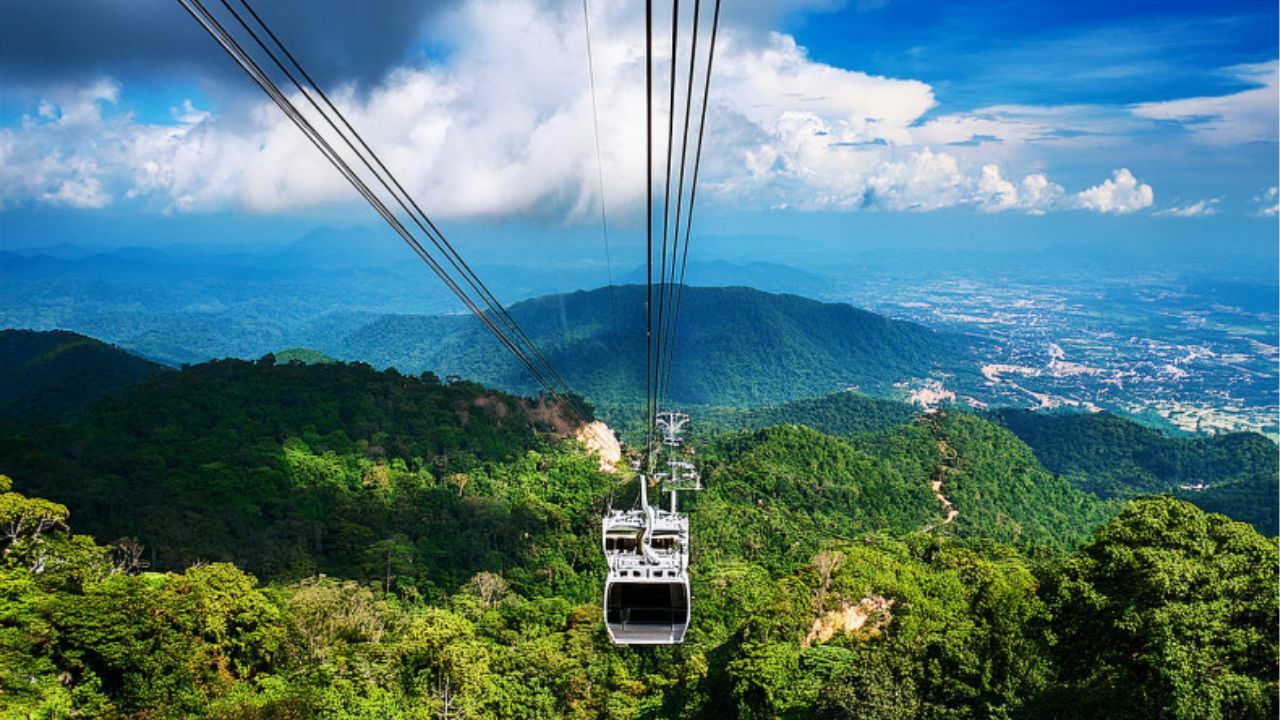Foundation opposes cable car in Phu Kradueng National Park
Critics argue project threatens natural serenity and biodiversity of park

The Seub Nakhasathien Foundation has expressed opposition to the planned construction of a cable car system in Phu Kradueng National Park, Loei province, due to concerns over potential harm to the park’s delicate ecosystem. The foundation also questioned the project’s cost-effectiveness.
These concerns follow a recent decision by the Department of National Parks, Wildlife and Plant Conservation (DNP) to extend the feasibility studies and environmental impact assessment (EIA) for the project by up to two years.
The Designated Areas for Sustainable Tourism Administration (Dasta) is responsible for developing the project design, including conducting an EIA and feasibility study, which has been allocated a budget of 25.7 million baht (US$775,980).
DNP director-general Atthapol Charoenchansa mentioned last week that the proposed 3-kilometre cable car route might start at Pha Mak Dook, with the initial phase potentially costing up to 1 billion baht (US$30 million). A second phase aims to enhance facilities further. Additionally, the DNP plans to introduce electric buggies for tourists within the park.
The foundation noted that even the proposal of electric buggies reinforces conservationists’ concerns that more tourist infrastructure will likely follow the cable car’s construction. They also questioned the cable car’s overall benefit to the local economy.
With easier access possibly increasing visitor numbers, the foundation queried whether the DNP could effectively regulate tourism and manage the site without adversely affecting the ecosystem.
“Phu Kradueng is not only the nation’s second designated national park but was also recognised in 2023 as an Asean Heritage Park,” stated the foundation. “Over 98% of the area is covered by natural forest and hosts rare flora, along with several endangered and protected animals such as serows, Javan pangolins, yellow tortoises, dusky leaf monkeys, and white-handed gibbons.”
The foundation stressed that any development that does not prioritise ecological integrity could reduce the area’s conservation value. In the long term, such degradation might threaten its status as a national park and open the door to declassification under the guise of development, reported Bangkok Post.
Latest Thailand News
Follow The Thaiger on Google News:


























